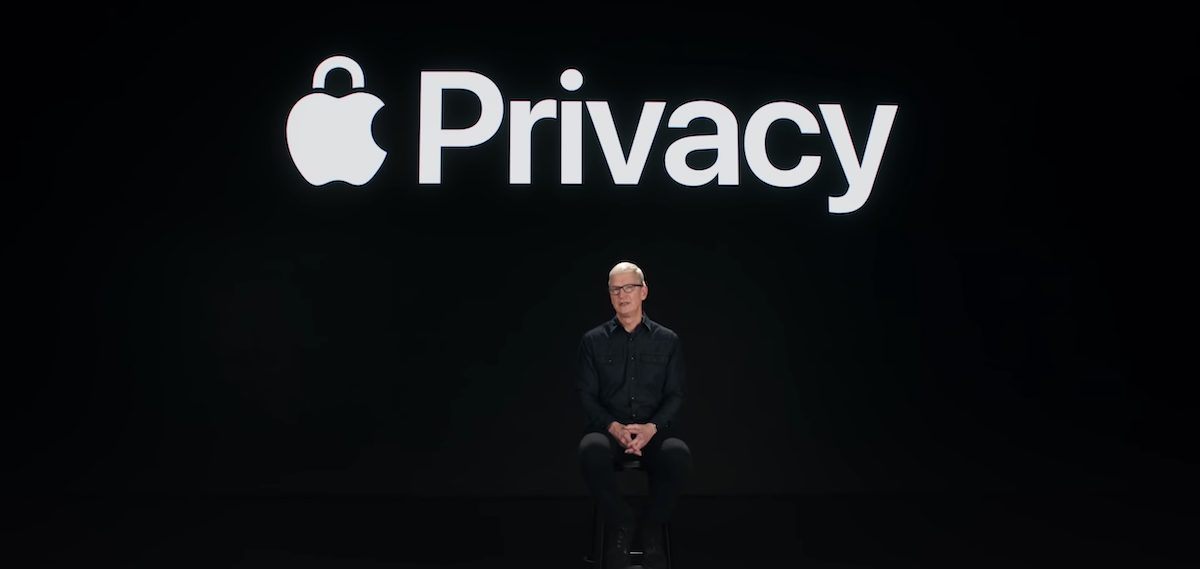In October 2021, Senator Amy Klobuchar presented the “American Innovation and Choice Online Act” antitrust bill which aims to reduce the power of tech giants like Apple, Google, Amazon, and others to give preference to their own products and services on their platforms. “Unfairly preference the covered platform operator’s own products, services, or lines of business over those of another business user on the covered platform in a manner that would materially harm competition on the covered platform.”
Punchbowl News reports that Apple CEO Tim Cook is personally lobbying against the proposed bill by calling and meeting with legislators in the Senate Judiciary Committee.

Since 2020, Apple and other tech giants are facing antitrust investigations and legislation to reduce their influence on the platforms they own like the iOS App Store, Android Play Store, and others in different parts of the world. The legislators argue that tech giants are acting as unfair gatekeepers to crush the competition and reduce consumers’ choices. And they want to open their app economy by allowing third-party in-app payment and app distribution methods.
Apple and Google warn U.S legislators against harmful impact of antitrust bills
A bipartisan group of House members is pushing to limit the power of tech giants like Apple, Google, Facebook, and, Amazon which included the American Innovation and Choice Online Act and Open Markets Act. As both bills are moving in the Senate for discussion, the tech giants are increasing their pressure in opposition to the bills.
Recently, Tim Powderly, Apple’s senior director of government affairs, wrote a letter committee members to highlight the harmful impact of changes on the App Store.
“After a tumultuous year that witnessed multiple controversies regarding social media, whistle-blower allegations of long-ignored risks to children, and ransomware attacks that hobbled critical infrastructure, it would be ironic if Congress responds by making it much harder to protect the privacy and security of Americans’ personal devices. Unfortunately, that is what these bills would do.”
Previously, Mr. Cook equated sideloading to a car without seatbelts. He said:
“If you want to sideload, you can buy [an] Android phone. That choice exists when you go into the carrier shop. If that’s important to you, then you should buy an Android phone.” He went on to say that allowing users to sideload their own apps on iPhone would be like an automobile manufacturer selling a car without airbags or seat belts. “It’s just too risky to do that,” he said. “It wouldn’t be an iPhone if it didn’t maximize security and privacy.”

The U.S Chamber of Commerce has also written to the members of the senate committee on the judiciary to express strong opposition to the “American Innovation and Choice Online Act” and warned them on radical outcomes.
This bill would emphasize impacts to competitor companies instead of potential harm to consumers. In addition, it would provide substantial new discretionary authority to antitrust agencies, at a time when the Administration is already attempting to expand and possibly exceed its existing statutory antitrust authority.
The outcome of such radical change to antitrust would drive inflation, hamper innovation, undermine job creation, and damage American’s global competitiveness. This legislation represents a gateway to supporting a larger and radical antitrust agenda that seeks to divorce economic analysis from the law with the aim of applying these same concepts to a much wider swath of our economy.
In compliance with South Korean law, Apple and Google have agreed to offer alternative payment methods on their app stores.